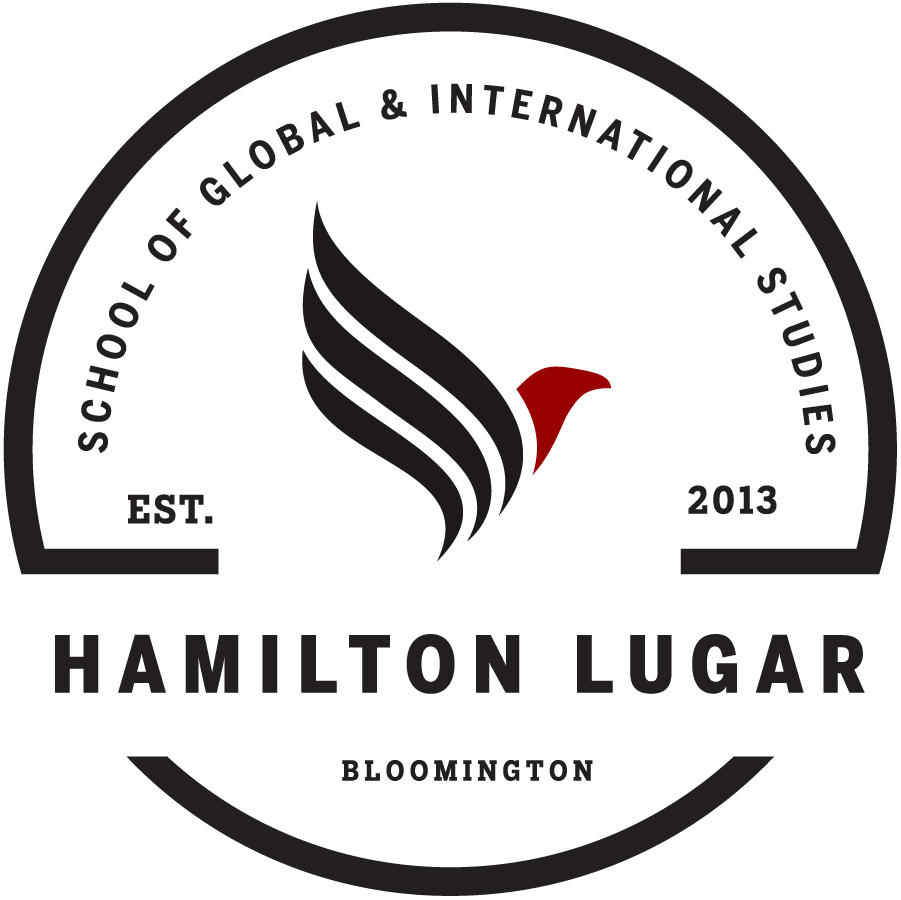The staff at the Inner Asian and National Resource Center at Indiana University are happy to announce that the Center was successful in yet another round of the U.S. Department of Education’s Title VI National Resource and Foreign Language and Area Studies (FLAS) fellowship competitions. Indiana University has been a center for teaching and research in Central Eurasian Studies for more than half a century, and the Center will continue to support this mission in coming years.
The successful outcome of the grant application was due to the tireless efforts of the Center’s staff, especially Assistant Director Kasia Rydel-Johnston and reflects the outstanding contributions of affiliated faculty and students to the study of region. We would like to thank Dr. Marianne Kamp and Graduate Assistants Brian Cwiek, Brendan Devine, Michael Krautkraemer, and Emily Stranger for their dedication to the proposal writing process over the last year, and Program Specialist/FLAS Coordinator Megan Immerzeel for her continued commitment to the Center. In addition, the Center acknowledges the leadership of HLS Assistant Dean Hilary Kahn as well as additional support from HLS Grant Development Specialist Kristina McReynolds, HLS Fiscal Officer Amy Van Pelt, and colleagues at IU’s other Title VI centers.
The Inner Asian and Uralic National Resource Center is one of twelve international centers and programs at Indiana University that will receive $18.8 million in funding from the Title VI program during the next four years. The Center’s funding levels represent an increase of approximately 15% over the previous grant cycle to support project programming. In addition, the Center will award 11 academic year and 11 summer FLAS fellowships each year for the study of Azerbaijani, Dari, Estonian, Finnish, Hungarian, Kazakh, Kurdish, Kyrgyz, Mongolian, Pashto, Persian, Tajik, Tatar, Tibetan, Turkish, Turkmen, Uyghur, and Uzbek.
Continued funding for the Center ensures ongoing support for research, teaching, and outreach. The Center’s initiatives for the next four-year grant cycle deepen and expand upon its current successful activities with proven impact, pursue new directions to further serve local, regional, and national constituencies, and address all absolute and competitive priorities for both the NRC and FLAS programs. In so doing, the IAUNRC tailors its programs to meet the needs of stakeholders with diverse interests. Most critically, the Center will continue its partnerships with teaching training programs and Minority Serving Institutions and Community Colleges (MSI/CCs) to deliver high quality programs to important communities. The Center’s activities are aligned with all National Resource Center and FLAS fellowship program priorities and are reflected in three project goals:
Goal #1: Enhance and increase the use of Inner Asian and Uralic Content in K-18 Curricula.
- Arranging a multi-year IAUNRC Symposium series to encourage rigorous debate about contemporary affairs;
- Launching the Area Studies Advancement Project (ASAP) to improve Inner Asian and Uralic area studies teaching and learning;
- Collaborating with the IU School of Education and Eastern Kentucky University’s College of Education to provide workshops that will train pre- and in-service K-12 teachers in Inner Asian and Uralic content;
- Sponsoring a regional collaboration with Indiana State University and Rose-Hulman Institute of Technology to support an “Education through Inner Asian and Uralic Arts” program in Terre Haute, IN;
- Conducting in-person and online classroom presentations on Inner Asian and Uralic content to K-12 teachers and students;
- Developing and disseminating teaching materials for K-12 teachers;
- Introducing Inner Asian and Uraliccontent into summer programs at IU with a nationwide audience of K-12 students and teachers;
- Encouraging internationalization and awareness of the Inner Asian and Uralicregion at the IU School of Education;
- Expanding the successful Inner Asian and Uralic Studies Careers and Professionalization workshop series.
Goal #2: Expand knowledge of the Inner Asian and Uralic region and its languages at MSI/CCs.
- Infusing MSI courses with Inner Asian and Uraliccontent by co-coordinating a national curriculum development stipend competition;
- Hosting a repository of curricular materials for MSI/CCs in partnership with University of Arizona;
- Providing MSI/CC faculty with training in Inner Asian and Uralic content;
- Encouraging professional development and research activity of MSI/CC faculty engaged in Inner Asian and Uralic Studies;
- Supporting the delivery of Inner Asian and Uralic language instruction to heritage learners at MSI/CCs;
- Collaborating with Ivy Tech Community College to develop a Global Workforce Skills Certificate.
Goal #3: Strengthen the teaching and learning of IAUNRC priority Less Commonly Taughty Languages (LCTLs).
- Partnering with Indiana University Language Workshop to offer new intensive summer language instruction opportunities in the Inner Asian and Uralic region;
- Promoting post-advanced language study in Inner Asian and Uralic priority language during the academic year;
- Developing new language materials in partnership with IU’s CeLCAR and Center for International Business Education and Research (CIBER);
- Providing professional development opportunities for Inner Asian and Uralic LCTL instructors;
- Delivering lessons on Inner Asian language and culture to students and teachers in a K-12 Chinese language immersion program;
- Creating stand-alone language modules based upon the Language for Specific Purposes framework;
- Supporting the Conference on Central Asian Languages (ConCALL) and a pre-ConCALL training workshop for instructors of Central Asian LCTLs;
- Offering FLAS fellowships to graduate and undergraduate students in priority Inner Asian and Uralic LCTLs and considering the financial needs of students in the selection process.


